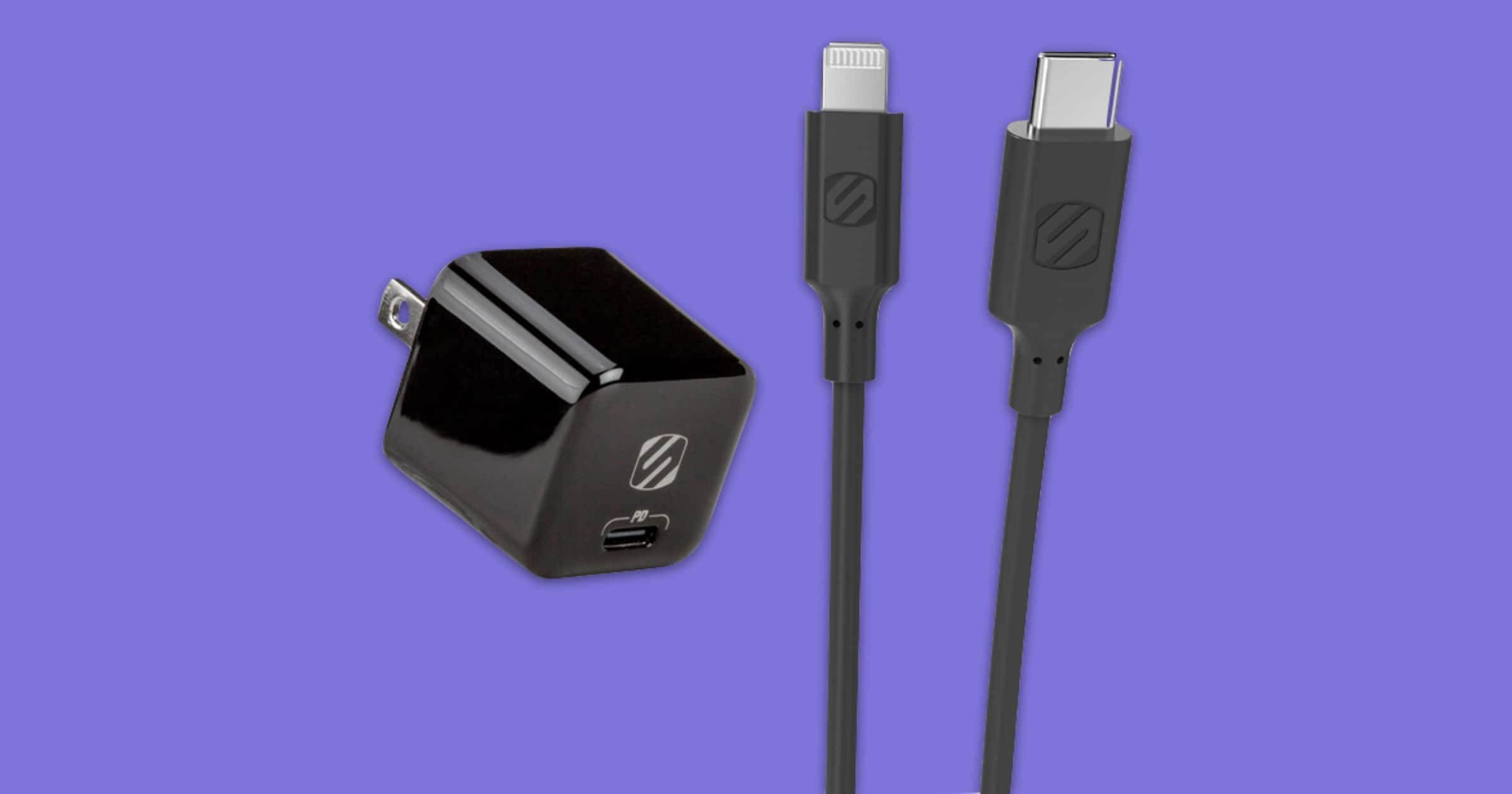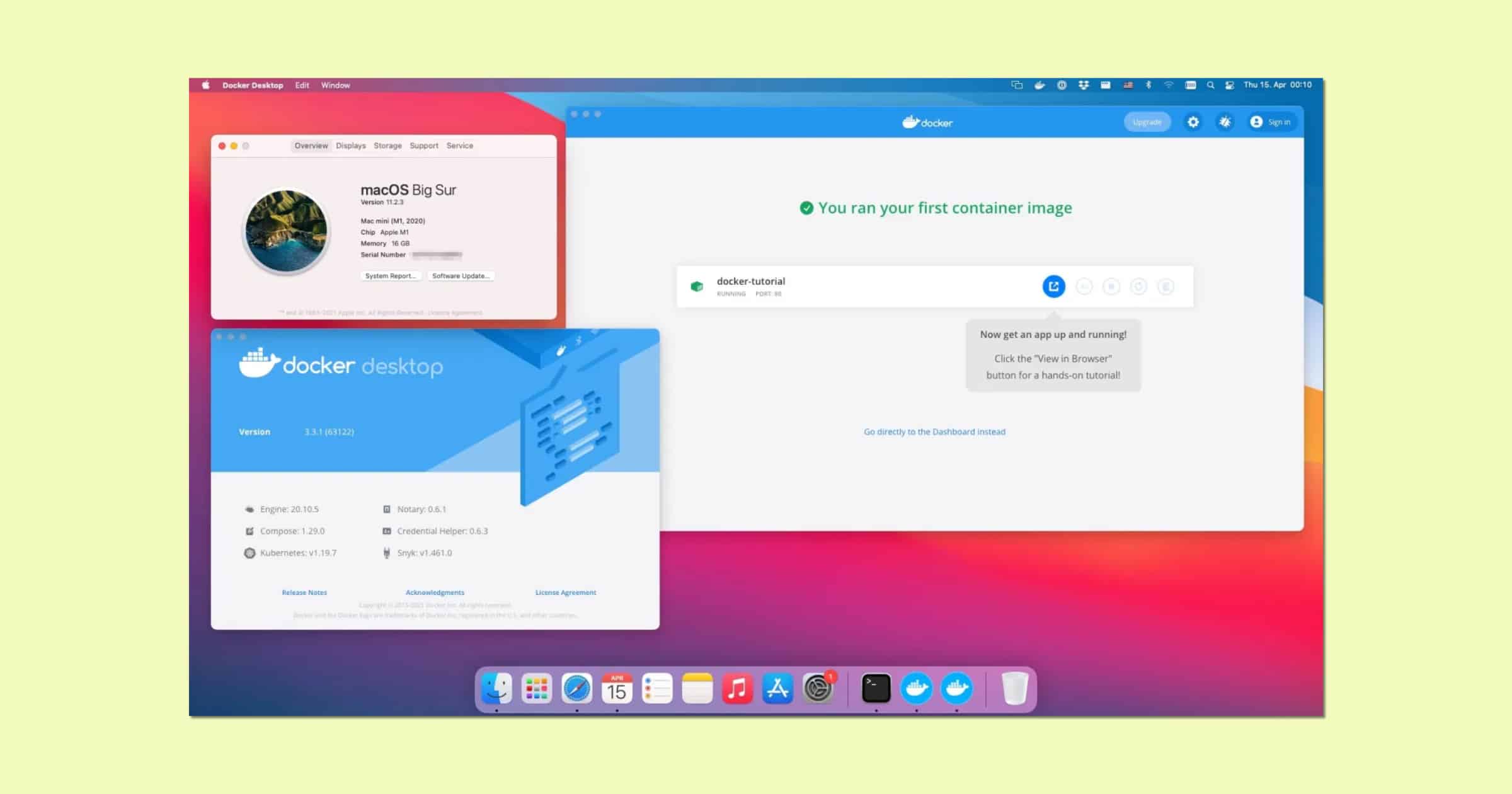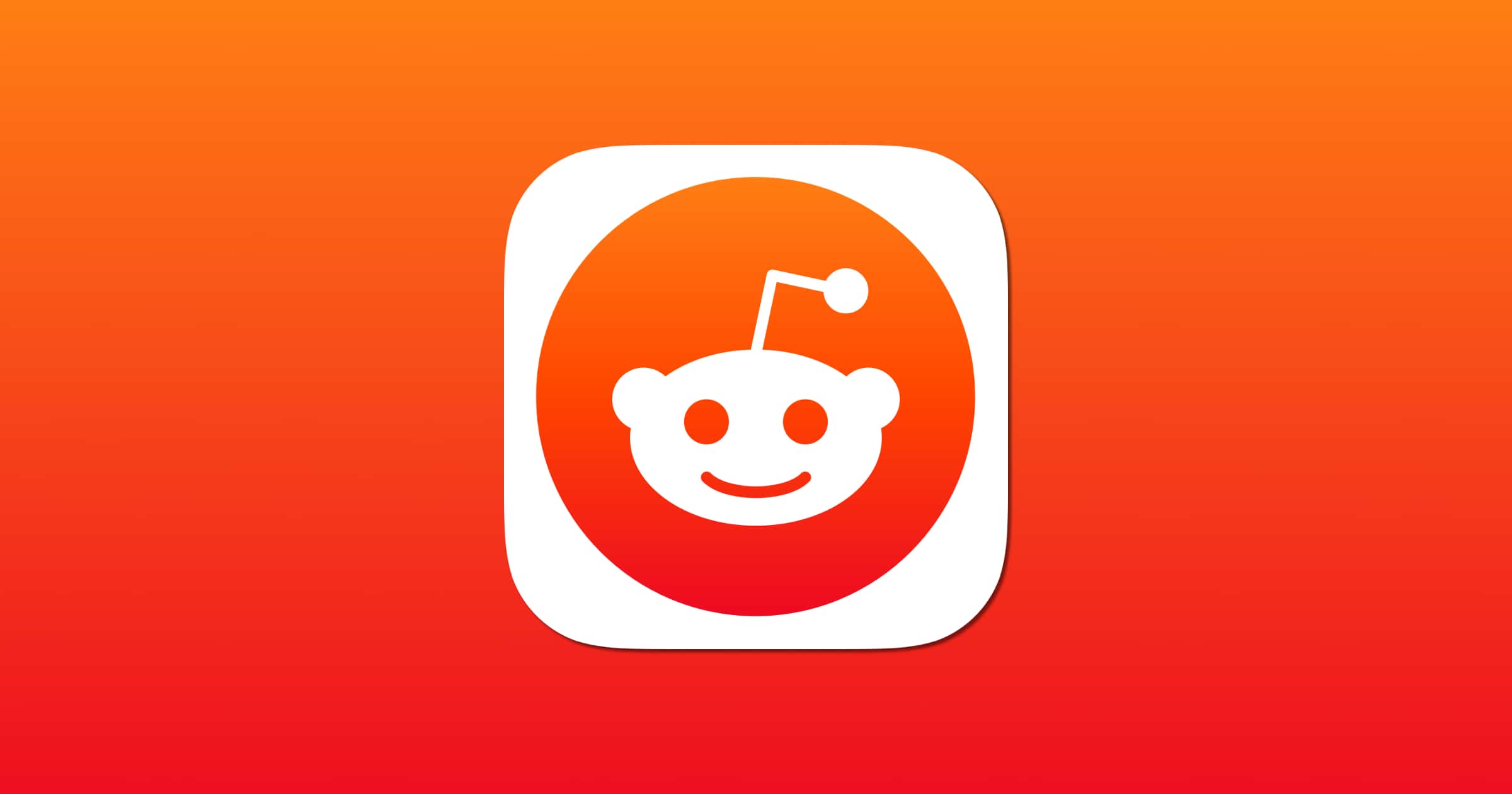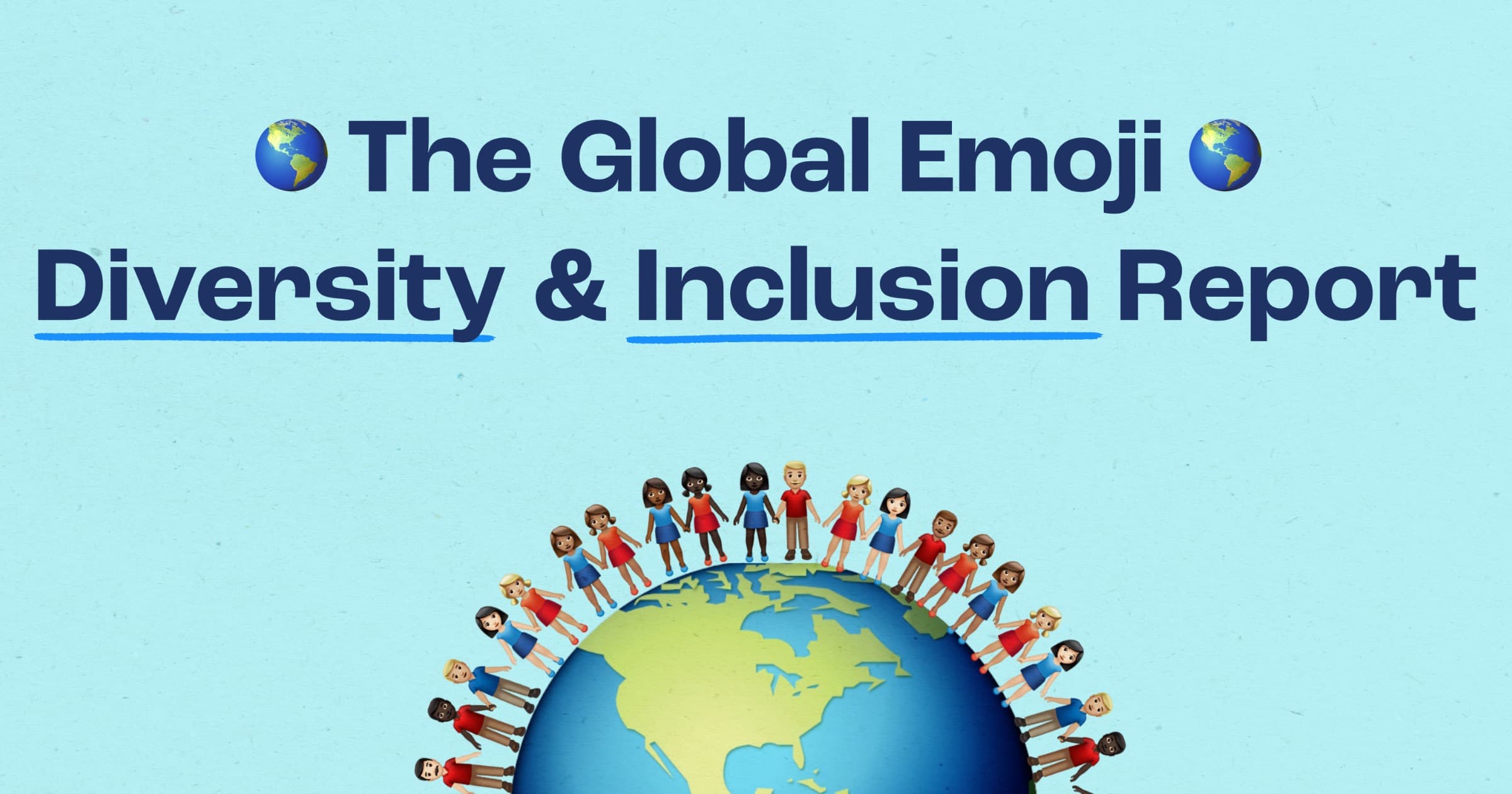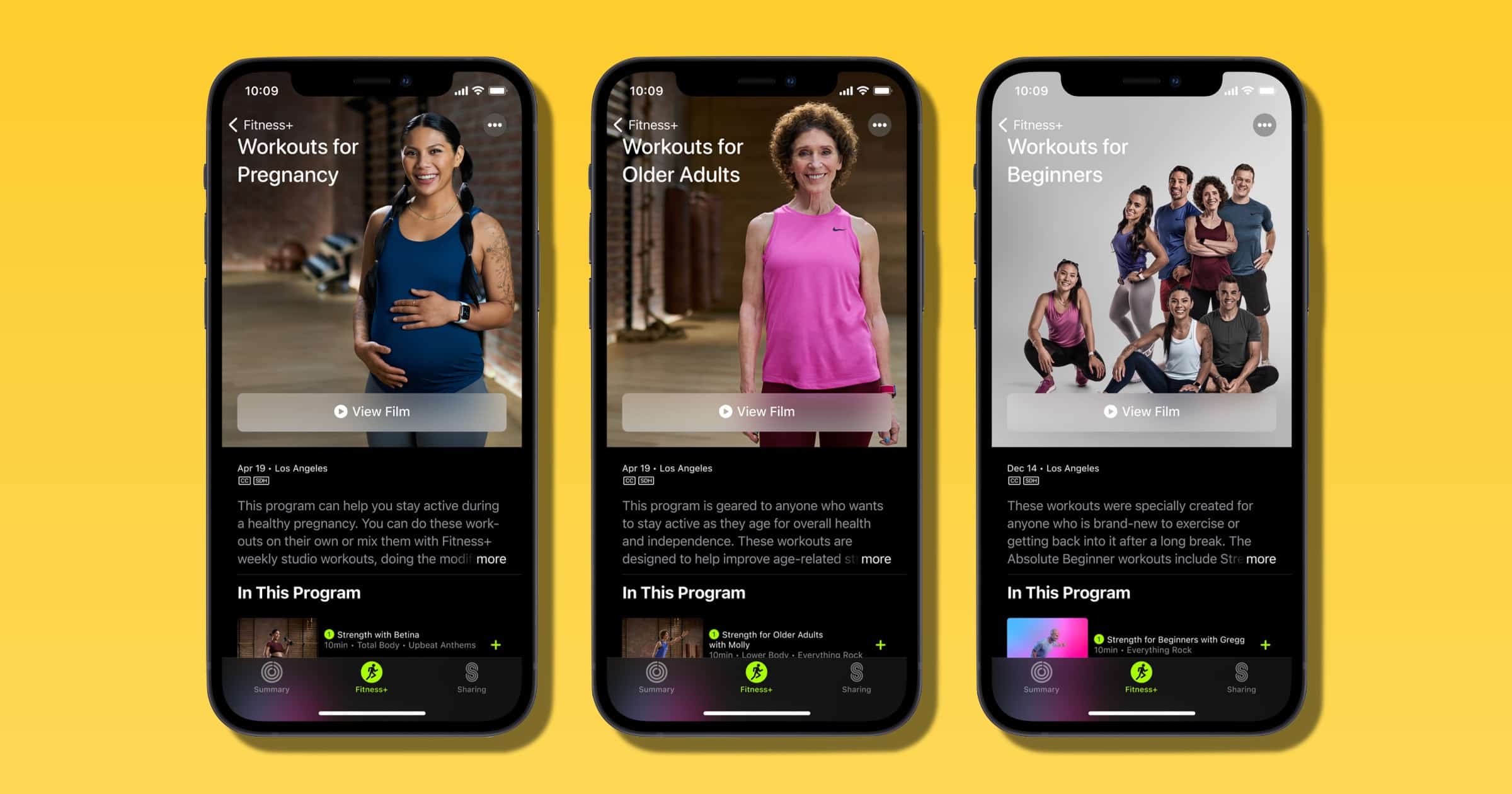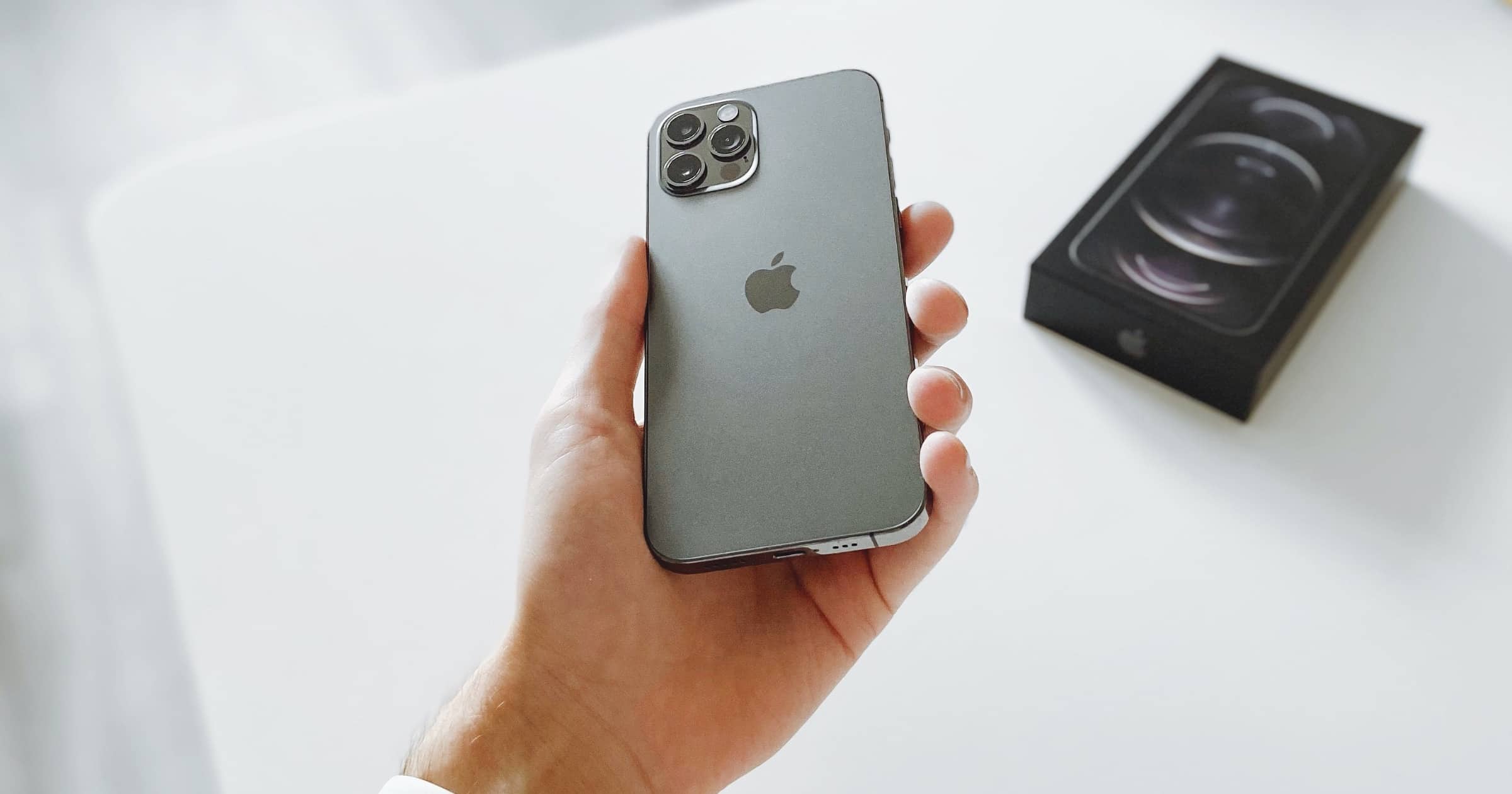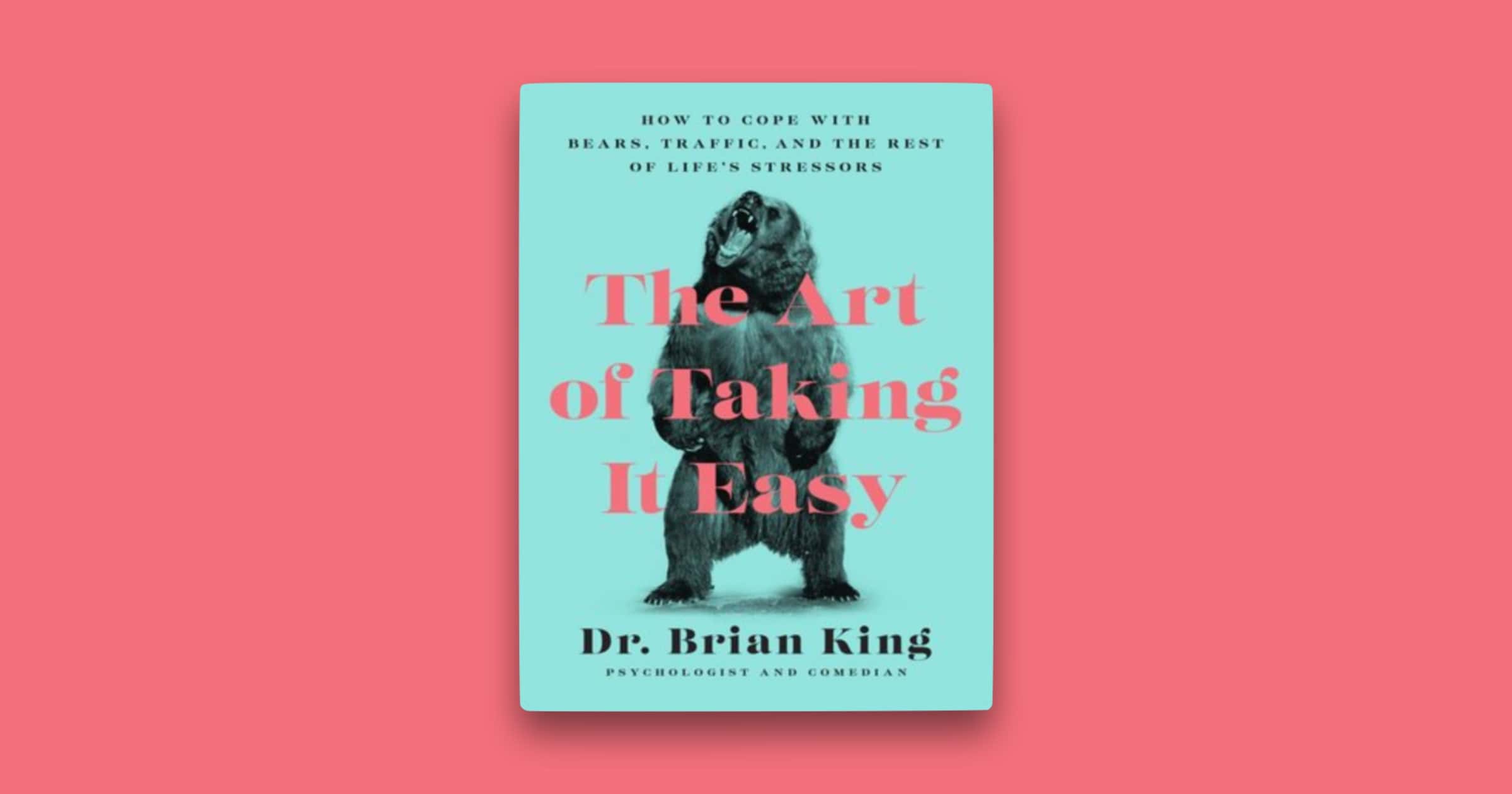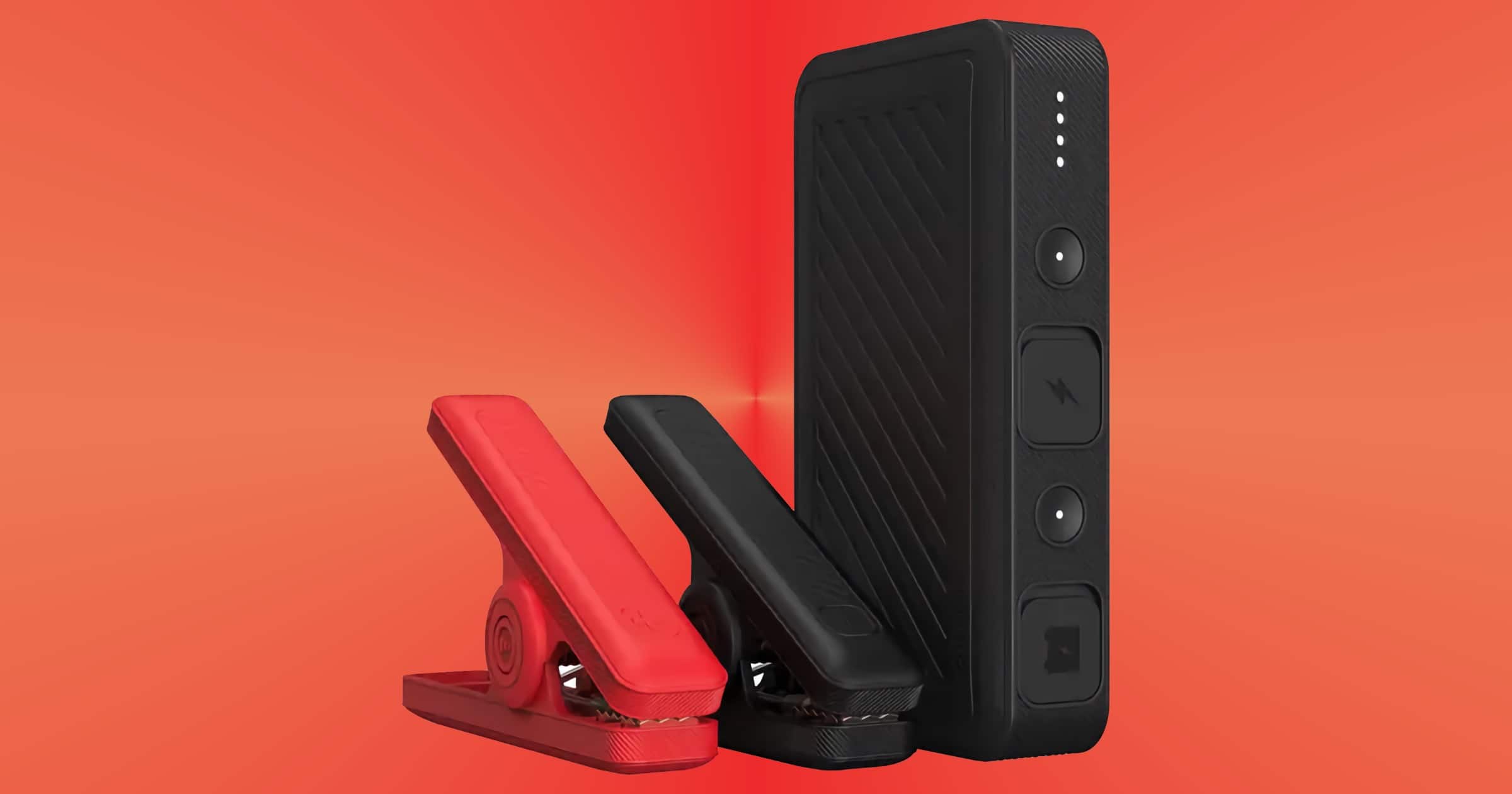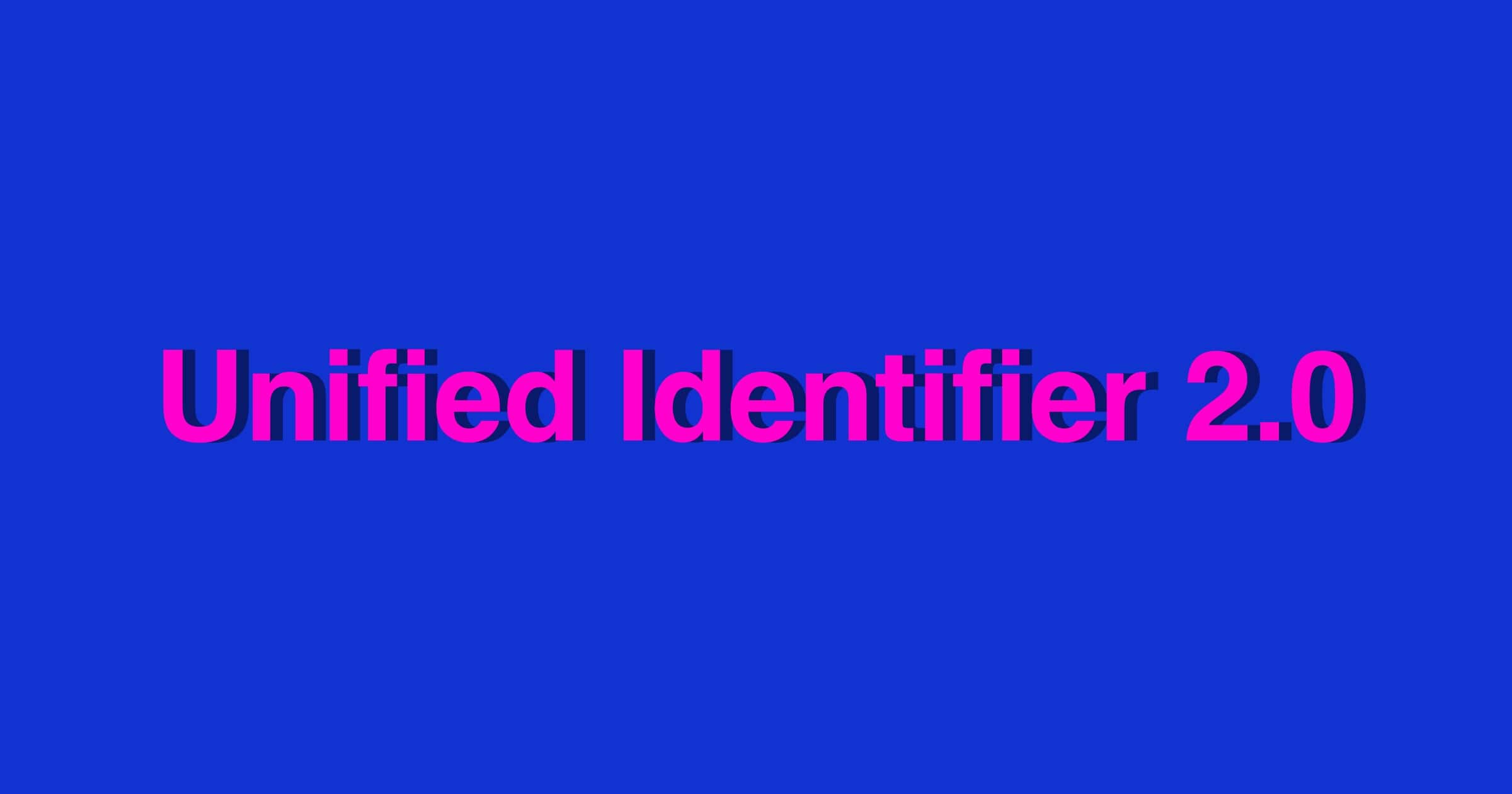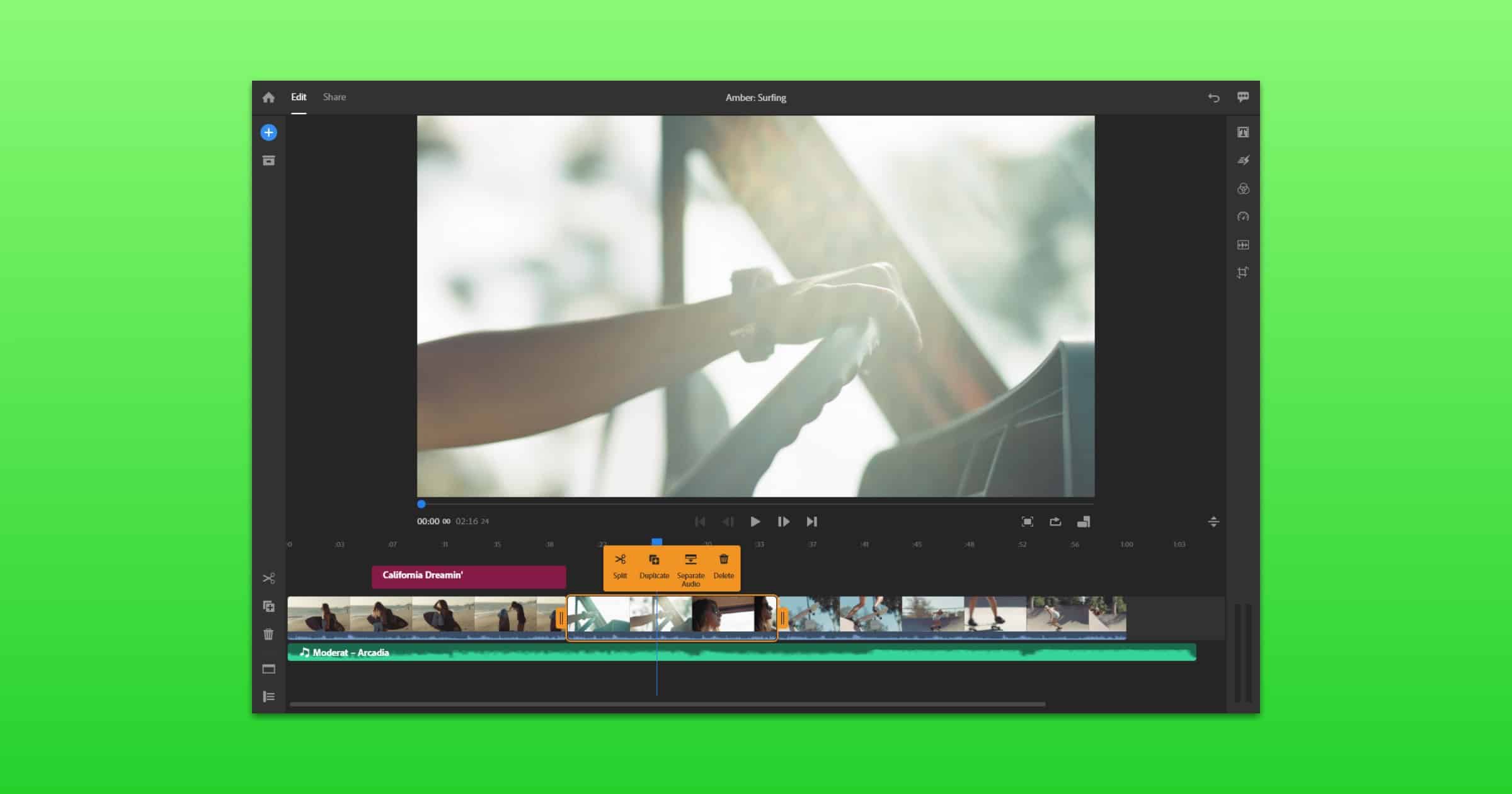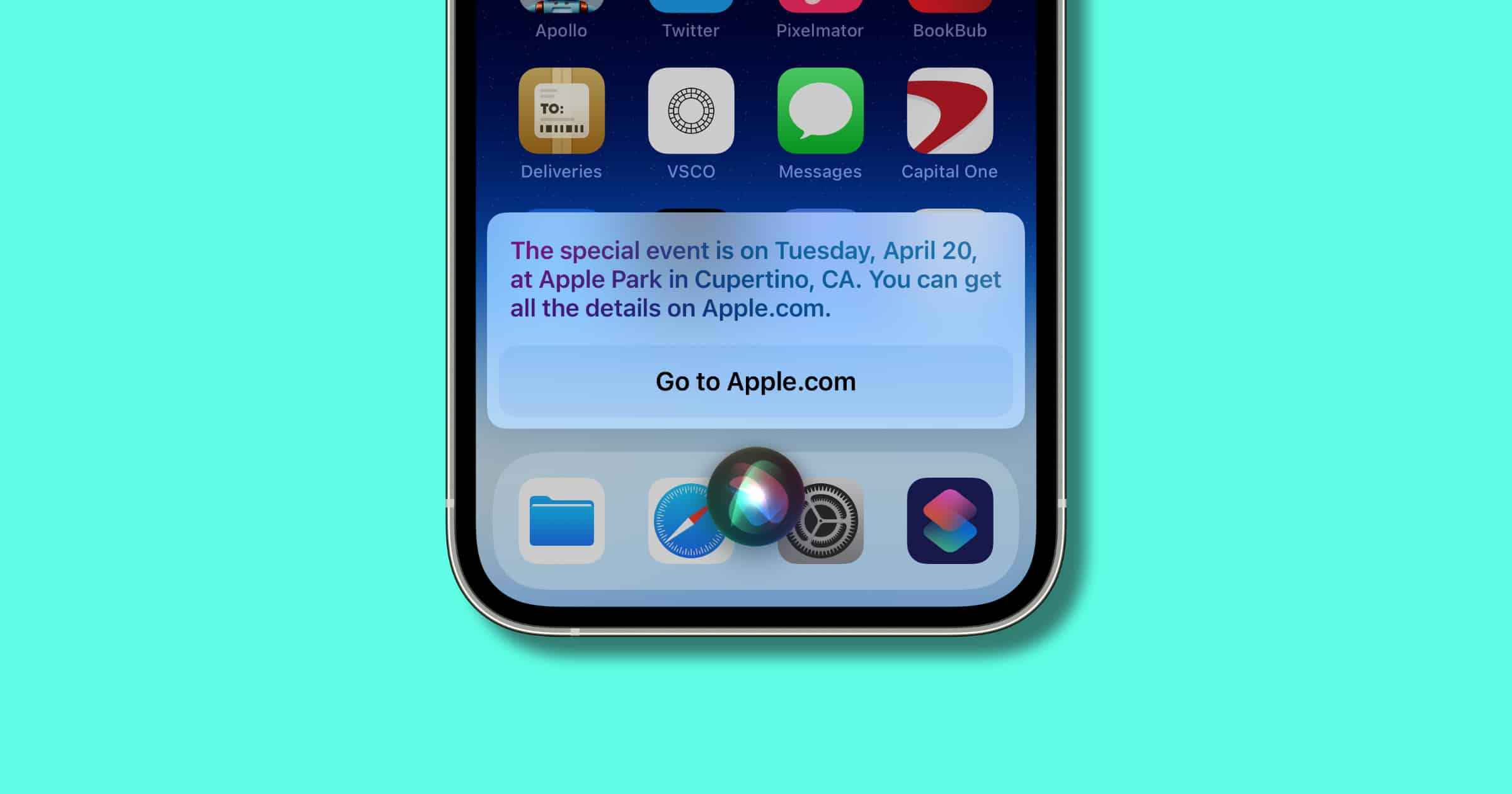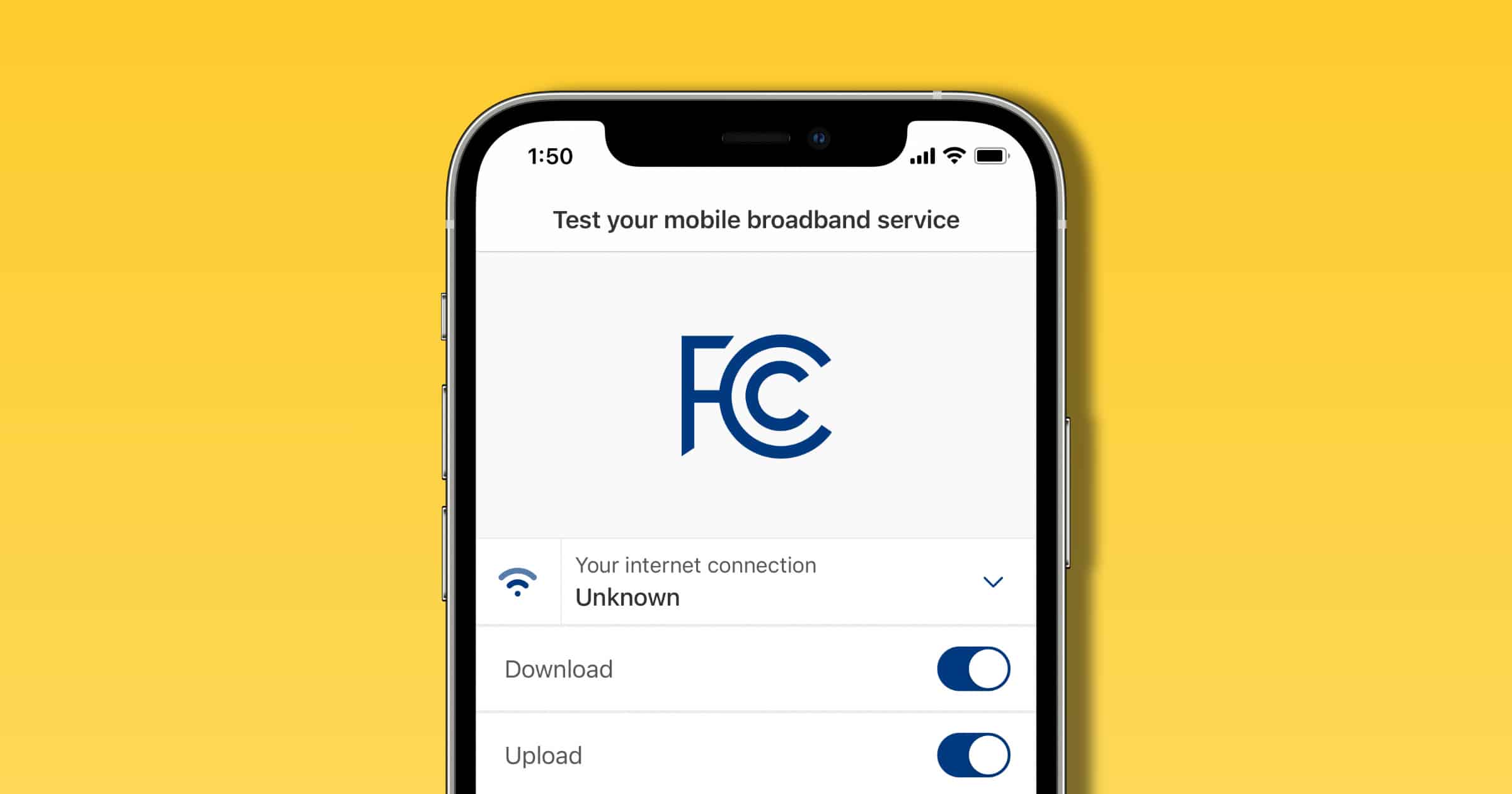Scosche Industries announced new PowerVolt car and wall chargers at CES 2021, and now these products are ready for purchase.
Articles by Andrew Orr
Docker Desktop for Mac Adds Support for M1 Chips
Docker announced on Thursday that its desktop app for Mac adds support for M1 chips in its latest release.
Reddit Announces Public Bug Bounty Program
For the past three years Reddit has maintained a privacy bug bounty program for cybersecurity researchers with HackerOne. On Thursday the company announced a public program.
With our continued growth and visibility, we’re now ready to make the program public and expand the participation to anyone wanting to make a meaningful security impact on Reddit. As we scale the program, our priority will remain focused on protecting the privacy of our user data and identities. We know each security researcher has their own skills and perspective that they bring to the program, and we encourage anyone to submit a report that shows security impact. We’re super excited to hit this milestone and have prepared our team for what’s to come.
Celebrate Earth Day 2021 by Using Apple Pay
Now through April 22 Apple will donate US$1 to Conservation International for every Apple Pay transaction made with Apple.
Adobe Releases Global Emoji Diversity & Inclusion Report
On Thursday Adobe released the Global Emoji Diversity & Inclusion Report. It surveyed 7,000 emoji users from around the world on how they use diverse and inclusive emojis.
Only half of global emoji users feel their identity is adequately reflected in current emoji options. More representative emoji, inclusive of different cultures, age groups, and ethnicities, are key in helping emoji users better express themselves. This goes a lot deeper than personal identification — it helps people accurately express how they are feeling.
U.S. Sanctions Russia Over SolarWinds Cyberattack
The U.S. has imposed sanctions against Russia for election interference and its role in the devastating cyberattack known as SolarWinds.
Fitness+ Adds New Workouts for Pregnancy, Workouts for Older Adults
Apple’s Fitness+ service is expanding its program with three new categories: Workouts for Pregnancy, Workouts for Older Adults, and Workouts for Beginners.
Apple Launches $200 Million Carbon Removal Project
On Thursday Apple announced the Restore Fund, a project that will make investments in forestry projects to remove carbon from the atmosphere.
How Advertisers are Reacting to iOS 14.5 App Tracking Transparency
The release of iOS 14.5 is right around the corner and with it comes a feature known as App Tracking Transparency. How are advertisers reacting?
15:21 Cork iPhone Cases are Sustainably Harvested
15:21 is a company based in Stockholm, Sweden and it makes iPhone cases out of cork, including cases for the iPhone 12 smartphone line.
Big Library Read’s Latest Book Club Offering is ‘The Art of Taking it Easy’
Overdrive’s book club called Big Library Read announced its latest entry for readers called “The Art of Taking It Easy” by psychologist and stand-up comedian Dr. Brian King. Through Libby, OverDrive’s one-tap reading app, The Art of Taking It Easy is available for free, simultaneous use access from over 20K libraries and schools worldwide through April 19. Being selected for Big Library Read provides great exposure for King, with hundreds of thousands checkouts per program and the unique opportunity for readers to interact with the author and others in the online discussion.
Mophie’s Powerful New Batteries Can Jump Start a Vehicle
Mophie has released four new batteries to its product line-up, and these are different than your standard portable power packs.
Security Firm Behind iPhone Unlocking Finally Discovered
The security firm that unlocked the iPhone of the San Bernardino shooter has been unveiled, and it’s an Australian company called Azimuth.
Azimuth is a poster child for “white hat” hacking, experts say, which is good-guy cybersecurity research that aims to disclose flaws and disavows authoritarian governments. Two Azimuth hackers teamed up to break into the San Bernardino iPhone, according to the people familiar with the matter, who like others quoted in this article, spoke on the condition of anonymity to discuss sensitive matters.
An interesting story, especially with the connection to Corellium.
Behind ‘UID2’, a Way for Advertisers to Track Your Email
The EFF wrote a detailed post about UID2, a proposed way to make it easier for advertisers to identify people via their email.
UID2s will be connected to people, not devices. That means an advertiser who collects UID2 from a website can link it to the UID2s it collects through apps, connected TVs, and connected vehicles belonging to the same person. That’s where the “unified” part of UID2 comes in: it’s supposed to make cross-device tracking as easy as cross-site tracking used to be.
But this will also create new incentives for sites, apps, and connected devices to ask users for their email addresses.
All the more reason to use Sign In with Apple wherever possible or disposable email services.
Phone Carrier ‘Visible’ Offers Special Tax day 2021 Deals
Visible is a mobile-first prepaid phone carrier that uses Verizon’s network and it has a new deal for Tax Day 2021 for new customers.
Bitcoin Hits New All-Time High Price Over $63,000
Bitcoin (BTC) reached a new record on Tuesday. It’s up 5.97% at a price of US$63,322 as of this writing.
Apple Retail Chief Diogo Rau Leaves Company After 10 Years
Diogo Rau has recently joined medical company Lilly. He was top executive of information technology for retail and online stores at Apple.
Adobe’s Premiere Rush Adds Support for M1 Macs
On Tuesday Adobe released new updates for Premiere Pro and Premiere Rush. One of those updates is support for M1 Macs.
Siri Says Apple Spring 2021 Event Date is April 20
According to Siri, the Apple Spring 2021 event date is Tuesday, April 20. This happens when you ask “When is the next Apple event?”
Clubhouse API Open to Scraping Public User Data
On Saturday, a SQL database containing data of 1.3 million Clubhouse users was posted on a hacker forum. The data included names, user IDs, social media profile names, and other details.
While the data associated with the Clubhouse user base was not acquired as a result of a breach, allowing ‘anyone with an API’ to download public Clubhouse profile information on a mass scale can backfire. For example, data scraping is often used by spammers and phishers to find new victims: they aggregate public contact details and use them for spam lists, robocalls, or social engineering attacks.
It’s not sensitive data but it can be combined with other data hoards that may have sensitive data. Every little scrap of data, while innocent on their own, can be potentially used against you, whether from advertisers or hackers.
Measure Your Broadband With New ‘FCC Speed Test App’
As part of its Measuring Broadband America Program, the FCC announced the release of a speed test app. The information collected through the app will help to inform the FCC’s efforts to provide improved coverage information to the public. “We expect that some of the information collected through the app will be incorporated into the Commission’s broadband data collection systems, including challenges to provider-submitted maps and our collection of additional crowdsourced data.”
Review: Ekster’s MagSafe Wallet is a Slim Alternative to Apple’s Wallet
Ekster sent Andrew its new MagSafe wallet to try. He’s been using it for a couple of weeks and shared his thoughts in a review.
PopSockets Launches Plant-Based Phone Grip
PopSockets launched a new plant-based phone grip called PopGrip Plant. It’s made with corn starch, castor beans, and canola oil.
MacStadium Offers Free Hosting for Open Source Developers
Cloud hosting company MacStadium is launching an Open Source Project that offers free Mac hosting for free and open source (FOSS) projects.

